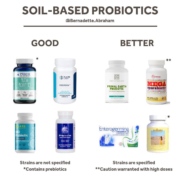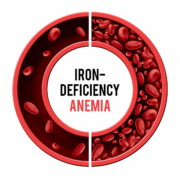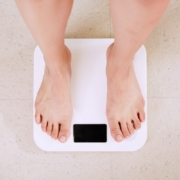Signs and Symptoms of Adrenal Fatigue
What are symptoms of adrenal fatigue?
- FATIGUE. If you get sufficient amounts of sleep and you are still tired during the day and needing naps to survive, that is a sure sign of adrenal fatigue.
- Weight gain. You have difficulty losing weight even if you are eating healthfully and exercising.
- Cravings, especially for salty foods.
- Dizziness. If you bend down and stand up too quickly, you get light headed.
- Excessive perspiration.
When your adrenals are firing high, seven things happen…
Three things go up:
- Blood sugar – so you have enough energy to run.
- Blood pressure – so you have plenty of blood fueling your muscles.
- Muscle tone – so you can fight for your life.
Four things get suppressed:
- Digestion
- Libido
- Ability to think – your body decreases blood flow to the frontal lobe which controls all of your cognitive skills and increases blood flow to the parietal lobe, so you are acting reflexively.
- Immune system – becomes stronger in the skin to protect you from injury. Chronic stress therefore causes more skin reactions like psoriasis and eczema because your immune system is hyperactive in the skin.
If your blood sugar stays high, it becomes a risk for diabetes. High blood pressure creates a risk for hypertension which can lead to a stroke or heart attack, and high muscle tone causes joint pain.
How To Diagnose Adrenal Fatigue
If I am going to diagnose someone with adrenal fatigue, I start with a neurological exam. First, I look at your eyes because the eyes are a window into the brain. Looking at the way your eyes function can tell me which part of the brain stem is active and if your fight or flight area is overworked.
The other method I use to diagnose adrenal fatigue is with an adrenal stress index test by DiagnosTechs.
“The Adrenal Stress Index (ASI) uses five conveniently collected saliva samples to assess cortisol, insulin, DHEA/DHEA-S, secretory IgA, 17-OH progesterone, and wheat gluten sIgA. Saliva is collected over a period of 24 hours, providing more complete information about your body’s stress response than a single test. This is ideal for people dealing with chronic stress and stress-related symptoms such as insomnia, anxiety and fatigue. ASI is a comprehensive panel that will give your provider better measurements and greater context for your hormone levels than standard serum and urine testing. With more information, your provider will be able to treat your symptoms more efficiently.” – DiagnosTechs
Tests Included
| Cortisol | Evaluates stress response |
| Insulin | Investigates blood sugar control and insulin resistance |
| DHEA/DHEA-S | Determines how other hormones may be affected by stress |
| Total secretory IgA (sIgA) | Evaluates the toll of stress on immunity |
| 17-OH Progesterone | Determines underlying causes of abnormal cortisol levels |
| Wheat gluten sIgA | Identifies immune response to gluten |









